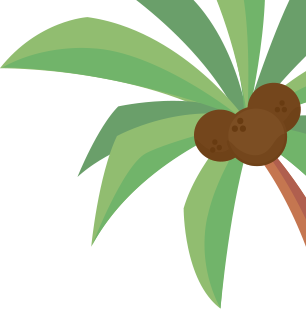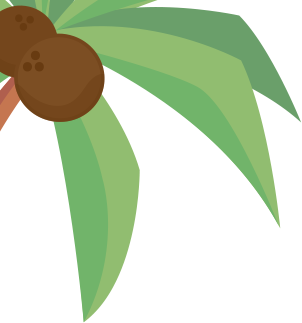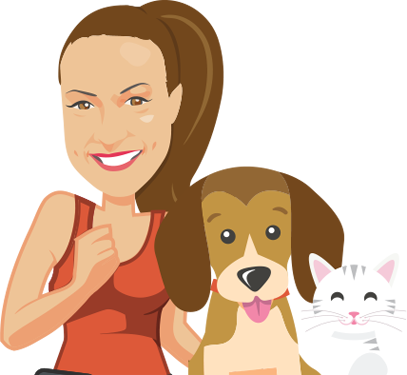Pet nutrition is important to the overall health and wellness of your beloved dog or cat. An estimated 60 percent of cats and 56 percent of dogs in the U.S. are obese, according to Pet Obesity Prevention. Don’t let your pet add to this statistic and instead keep them healthy by learning the basics of feline and dog nutrition laid out below.
Water Dehydration is particularly harmful to your pet because they can’t tell you when they’re thirsty. Make sure your cat or dog has fresh, clean water available at all times. You should really rinse out your pet’s water bowl at least once a day, too. Bits of food, dirt, and other debris fall into your pet’s bowl when they drink. Keep the water bowl clean and fresh so your pet has access to safe drinking water.
Protein Dogs and cats are natural hunters and tend to prefer protein in their diets. Plus, this nutrient is essential for a strong body and helps your pet’s muscles repair on a daily basis while also encouraging cell growth.
Healthy Fats Fats are a source of energy for your pet and are particularly important for keeping your pet’s fur and skin healthy. Dog and cat food both typically contain animal fats as well as some plant fats. Quality pet foods should contain all of the necessary Omega-3 fatty acids essential for your pet’s health.
Carbohydrates Fiber is one carb that your pet needs for a healthy gut. Remember, though, that young pets don’t need as much fiber. Puppies and kittens that are still growing need more protein and fats in their diet to help them grow.
Vitamins Vitamin supplements typically aren’t necessary unless prescribed by a vet. In most cases, a balanced diet of proteins, fats, and carbs should give your pet the appropriate number of vitamins and minerals necessary for a healthy body.
Bonus Tip: Eliminate Food Scraps Sharing the last bite of food with your pet or letting them regularly lick the plate clean may seem harmless, but it actually has a bigger impact than you realize. Pet food is specifically formulated to provide your pet with all of the necessary nutrients and calories they need in a day. When you give your pet extra food, you’re adding to their calorie count which is why they may be overweight. Not to mention pets can’t digest certain foods the same way a human does, and in some cases, the foods are actually toxic to your pet. For example, onions, grapes, and added sugars may be OK for your body but they can really harm your pet. The next time you eat a piece of chocolate cake and want to share the decadence with your pet, remember to give them a treat that’s made for them instead. This will keep your pet’s gut happy and you won’t have a mess to clean up later. Also, remember that pet food packaging has a chart on the back with recommended food servings. Your pet may act like it’s starving after mealtime, but don’t be fooled by this act. You overeat sometimes when you’re full too, so make sure you limit your pet’s meals to the correct serving size.




